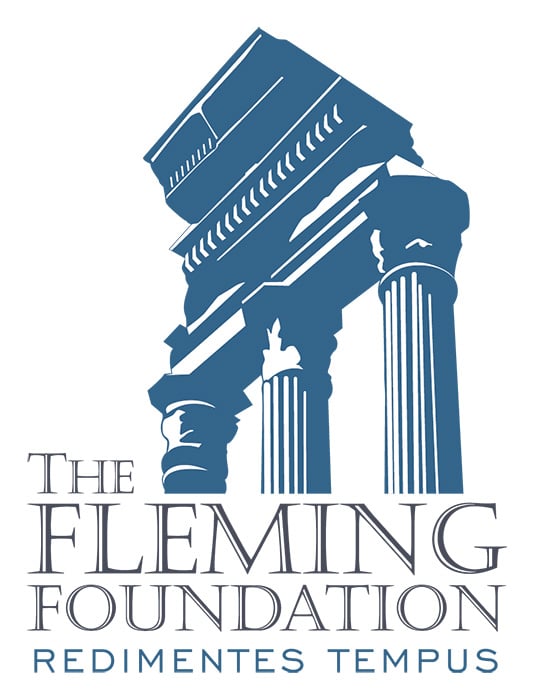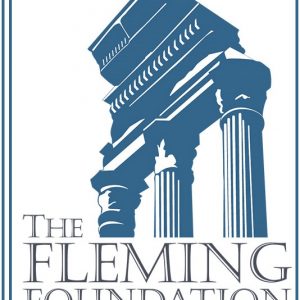Description
Click here to become a Charter Subscriber.
Cicero’s stature continued to increase long after his death because of his value as a teacher of rhetoric and as the model public philosopher. In this lecture, Dr. Fleming helps define the tradition of classical education in the West and Cicero’s role in that discipline. This older tradition of education was built, as Cicero’s own education was, on the study of persuasive arguments. That is, on rhetoric. Although the word “rhetoric” itself has become a synonym for sophistry in modern times, Cicero’s qualification that the rhetorician must be oriented towards truth and beauty is a point worthy of contemplation in an epoch defined by nominalism. The Ciceronian education begins with the careful analysis of grammar and the study of great works of literature. Dr. Fleming notes many examples from Homer, Sophocles, and others of eloquent arguments that serve as the foundations of classical rhetoric. The organization and forms of discourse in classical literature was a tool for action in all spheres of life for the students of the tradition. Skill in the written and spoken word is as vital for the businessman as it is for the politician, and is equally indispensable in personal relationships. The legacy of Ciceronian rhetoric extends from the Renaissance to the English Republican tradition to the classically influenced orations of Webster and Calhoun. Dr. Fleming concludes, in part, that the loss of the rhetorical tradition in the West has accompanied the loss of political competence and eloquence, and the Ciceronian tradition accompanied the greatest stylists and orators in the history of the West.
5 Minute Free Preview







